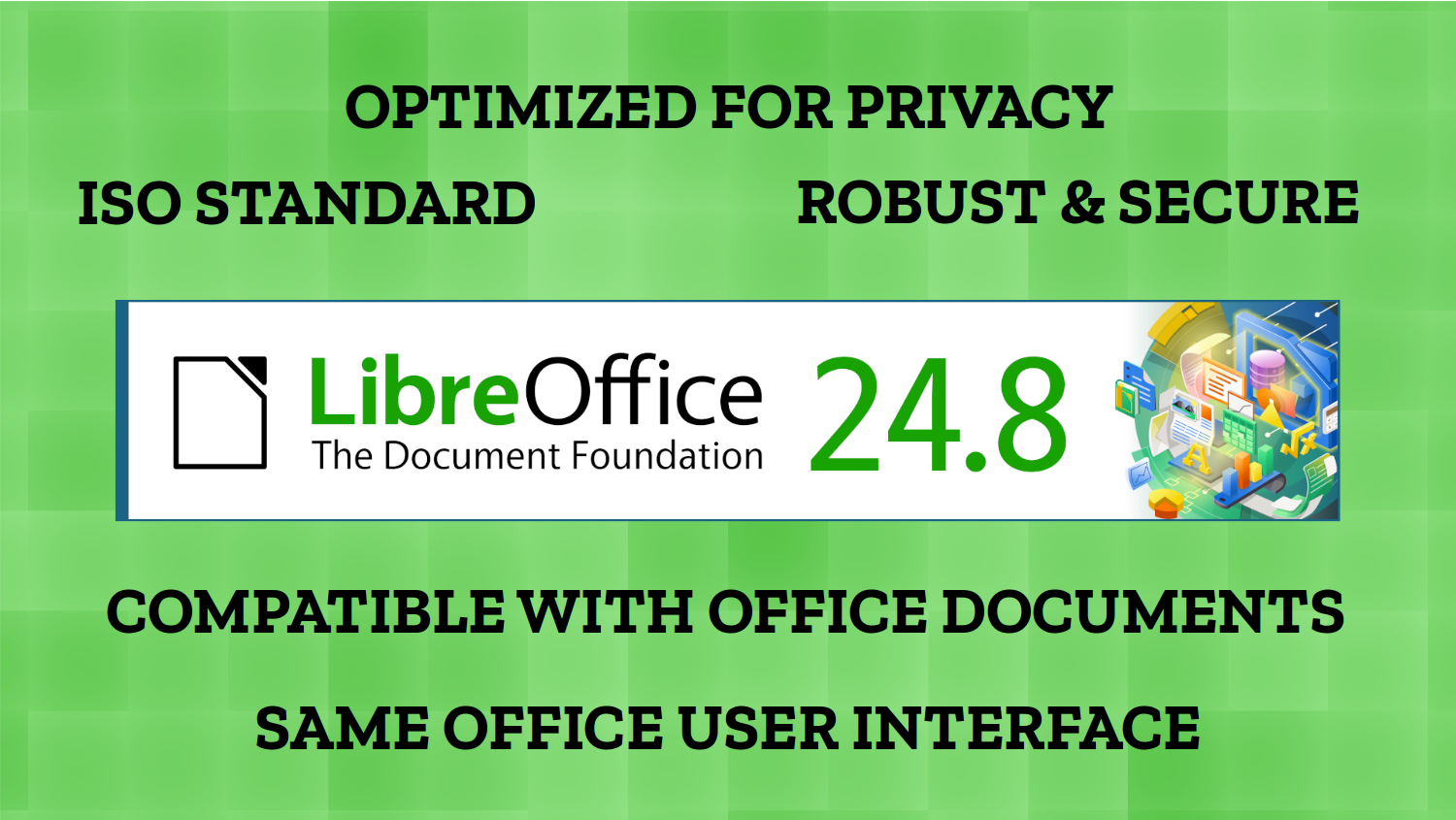Tide42 – A Fast, Minimalist CLI IDE for Terminal-Centric Devs
-
Hey devs,
I recently wrapped the latest stable release of Tide42, a lightweight terminal-based IDE designed for speed, flexibility, and a clean coding experience — especially for those of us who live in the terminal.Tide42 integrates tmux, nvim, and thoughtful Bash scripting into a seamless dev workflow with:
True 256-color support (color toggle with -c)
Elegant, fast session layout using tmux
Self-updating mechanism (--update) to pull the latest version from GitHub
Multi-distro install script for Debian, Arch, macOS (via apt, pacman, brew)
Respectful config handling – never overwrites your dotfiles
Simple interactive file launcher (tide42 <filename>)
Quiet mode for scripts (-q)
Try it out:
GitHub: github.com/logicmagix/tide42
License: GPLv3
Clone, install, and run tide42 to get started. -
Hey devs,
I recently wrapped the latest stable release of Tide42, a lightweight terminal-based IDE designed for speed, flexibility, and a clean coding experience — especially for those of us who live in the terminal.Tide42 integrates tmux, nvim, and thoughtful Bash scripting into a seamless dev workflow with:
True 256-color support (color toggle with -c)
Elegant, fast session layout using tmux
Self-updating mechanism (--update) to pull the latest version from GitHub
Multi-distro install script for Debian, Arch, macOS (via apt, pacman, brew)
Respectful config handling – never overwrites your dotfiles
Simple interactive file launcher (tide42 <filename>)
Quiet mode for scripts (-q)
Try it out:
GitHub: github.com/logicmagix/tide42
License: GPLv3
Clone, install, and run tide42 to get started.OK What the hell man I love this in concept. Definitly not something I'd use, got my own setup and I like it quite alot, but fuck man I've always described NeoVim as a build it yourself text editor and you've said here "why stop at neovim?"
Hell yeah my guy. That's such a cool way to at least get your environment running on any system. Would love to look into this to see if I can do something similar. Right now I just have a bash script that builds up my env.
-
Hey devs,
I recently wrapped the latest stable release of Tide42, a lightweight terminal-based IDE designed for speed, flexibility, and a clean coding experience — especially for those of us who live in the terminal.Tide42 integrates tmux, nvim, and thoughtful Bash scripting into a seamless dev workflow with:
True 256-color support (color toggle with -c)
Elegant, fast session layout using tmux
Self-updating mechanism (--update) to pull the latest version from GitHub
Multi-distro install script for Debian, Arch, macOS (via apt, pacman, brew)
Respectful config handling – never overwrites your dotfiles
Simple interactive file launcher (tide42 <filename>)
Quiet mode for scripts (-q)
Try it out:
GitHub: github.com/logicmagix/tide42
License: GPLv3
Clone, install, and run tide42 to get started.designed for speed, flexibility, and a clean coding experience
So, Acme for CLI?
-
Hey devs,
I recently wrapped the latest stable release of Tide42, a lightweight terminal-based IDE designed for speed, flexibility, and a clean coding experience — especially for those of us who live in the terminal.Tide42 integrates tmux, nvim, and thoughtful Bash scripting into a seamless dev workflow with:
True 256-color support (color toggle with -c)
Elegant, fast session layout using tmux
Self-updating mechanism (--update) to pull the latest version from GitHub
Multi-distro install script for Debian, Arch, macOS (via apt, pacman, brew)
Respectful config handling – never overwrites your dotfiles
Simple interactive file launcher (tide42 <filename>)
Quiet mode for scripts (-q)
Try it out:
GitHub: github.com/logicmagix/tide42
License: GPLv3
Clone, install, and run tide42 to get started.great idea to just wrap existing tools! love that. now i just need to figure out how to switch out the editor...
-
Hey devs,
I recently wrapped the latest stable release of Tide42, a lightweight terminal-based IDE designed for speed, flexibility, and a clean coding experience — especially for those of us who live in the terminal.Tide42 integrates tmux, nvim, and thoughtful Bash scripting into a seamless dev workflow with:
True 256-color support (color toggle with -c)
Elegant, fast session layout using tmux
Self-updating mechanism (--update) to pull the latest version from GitHub
Multi-distro install script for Debian, Arch, macOS (via apt, pacman, brew)
Respectful config handling – never overwrites your dotfiles
Simple interactive file launcher (tide42 <filename>)
Quiet mode for scripts (-q)
Try it out:
GitHub: github.com/logicmagix/tide42
License: GPLv3
Clone, install, and run tide42 to get started.I have a pretty complex nvim setup already for general editing. Is there any way this could handle all the custom nvim stuff somewhere else and leave my existing config alone? When I tried it just now it installed an init.vim next to my init.lua in ~/.config/nvim, which didn't clobber anything but did break both tide42 and normal nvim.
-
Hey devs,
I recently wrapped the latest stable release of Tide42, a lightweight terminal-based IDE designed for speed, flexibility, and a clean coding experience — especially for those of us who live in the terminal.Tide42 integrates tmux, nvim, and thoughtful Bash scripting into a seamless dev workflow with:
True 256-color support (color toggle with -c)
Elegant, fast session layout using tmux
Self-updating mechanism (--update) to pull the latest version from GitHub
Multi-distro install script for Debian, Arch, macOS (via apt, pacman, brew)
Respectful config handling – never overwrites your dotfiles
Simple interactive file launcher (tide42 <filename>)
Quiet mode for scripts (-q)
Try it out:
GitHub: github.com/logicmagix/tide42
License: GPLv3
Clone, install, and run tide42 to get started.Emacs has panes. Is this supposed to imitate a fraction of the holy power?










